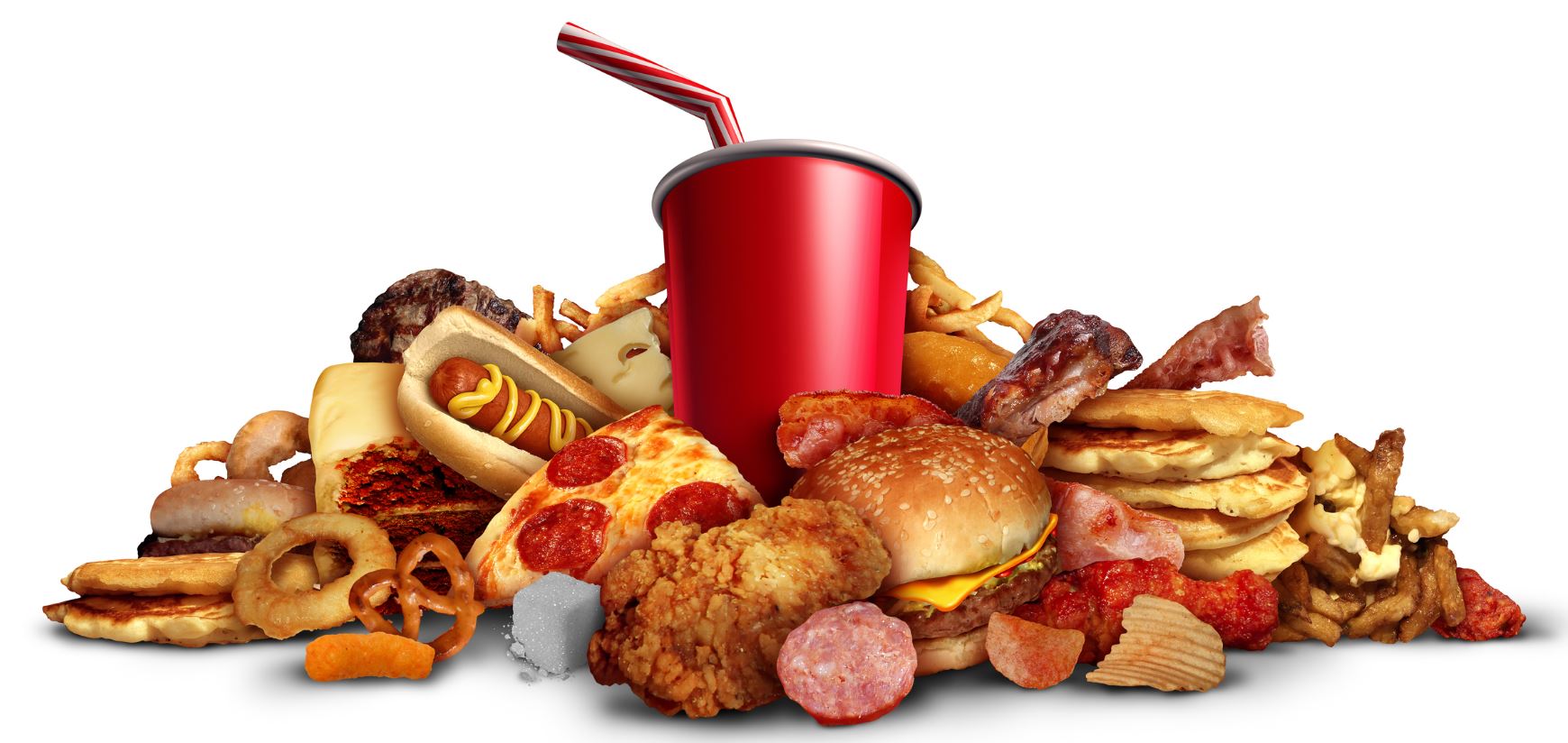
Recent surveys of British consumers have revealed that most Britons support a tax on junk food and ultra-processed foods because they believe it will help tackle the obesity epidemic.
Consumers in the UK The UPF has a growing reputation as a vindictive groupAlmost two thirds (62 %) are women. According to a Health Foundation survey on unhealthy food advertisementsBefore 9pm on TV or online, 53 % said UPFs should be banned.
It’s not just the British. EU consumers are also against UPFs. According to the EIT Food Consumer Observatory, 67% of EU respondents believe they cause obesity and other health problems.
EU citizens also have less trust in UPFs, as 40 % of them believe that the industry is not sufficiently regulated. 67 % do not like that food is made of unrecognisable substances.
What would be the impact on manufacturers if a tax were introduced? Would it also help consumers lose weight?
Who could enforce a UPF?
Danny Butt, of Food Innovation Solutions, a consultancy, said that introducing a food tax would be difficult to manage and unlikely to address consumer concerns. "If you're talking about it at a macro level, then it would be like the sugar tax [in the UK]. If it's built to that standard, then some brands will have to cut costs or absorb the cost [of the tax]."
The cost of living is rising and retailers don't want to raise prices. He continues: "But it will depend on the brand. A company like Coca-Cola, the market leader, could raise its prices, while private labels and small businesses could not bear this increase."
Then there’s the ongoing debate about what a UPF actually is. Butt says consumers often think of UPFs as junk food that’s high in fat, sugar and salt. “But when they learn it’s also their deli meat, their opinion changes,” he adds.
Klaus Grunert is the director of the EIT Food Consumer Observatory and a professor at the Danish University of Aarhus. There is no definition of UPF. It is important to define what UPF is. This is a task for regulators, who will consult nutritionists.
Grunert says that if a tax were to be introduced, it should be based more on the amount of negative nutrients in a food product than on how it is processed. But in Denmark, there was a brief period [in 2011] where we had a tax on saturated fats that didn't survive [and was repealed in 2012]. He admits there are many practical problems. Butt suggests a traffic light system.
The Nova classification system is used by trade bodies, food companies and other stakeholders to define different levels of processing. The Nova classification system classifies foods according to their degree of processing. For example, unprocessed foods, processed ingredients, processed or ultra-processed foods. It has also been criticised for not specifying what is considered a ‘healthy UPF’, and instead relying solely on processing levels and nutrition.
Are consumers aware of UPF?
Currently, there is no formal agreement on what a UPF might be that could raise concerns. Or how they might be classified in terms of "good" and "bad".
Butt, as well as Grunert, both point out that this is not a simple story. Butt says that “people have to decide for themselves and it all starts with education.” Butt adds that “sometimes even a little bit of information can be more harmful than no information.” He points out that national and international news stories often only include junk food in the UPF group, but there is much more to it than that.
Lack of consumer education about UPFs is a problem. Several data sets have surfaced in recent months.The EIT Food Consumer Observatory found that consumers struggle to classify foods into the Nova classifications. This shows a lack of knowledge.
If you don't want to do something, then 'Unless' is the best option. [robust] Once the legislation is in place, the debate will begin. [of what UPF is] Butt says the circle continues. When you're dealing with the consumer, they can't tell the difference between an 'additive' and a 'bad' one.
There will be no useful and impartial rule until someone makes a reasonable decision. The industry needs to communicate better about the processes used."
Butt and Grunert both agree that it is the government’s responsibility to control FPU. While governments may not be keen to tackle the issue now, with the growing debate and demonisation of certain foods, it may become necessary to do so soon in order to allow manufacturers to work within clear guidelines.


